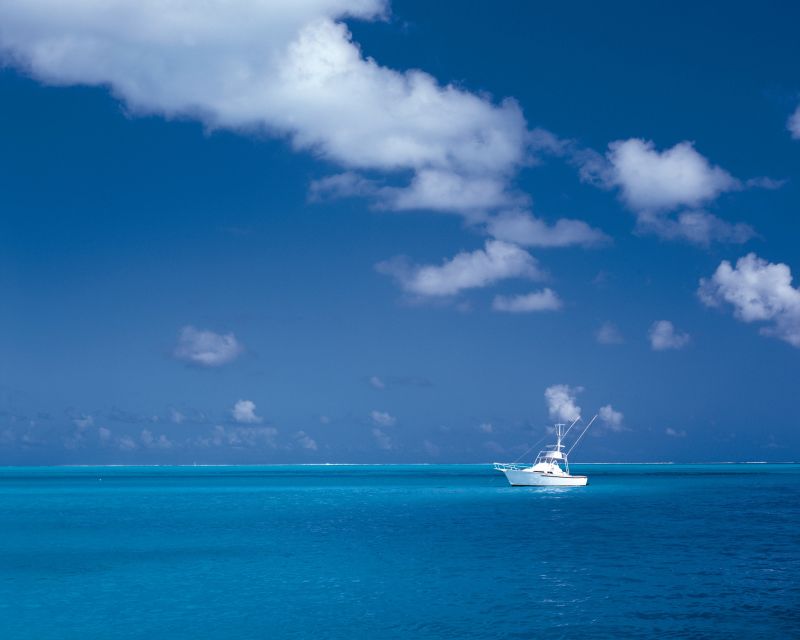bladder
英 ['blædə]
美 ['blædɚ]
CET6+ TEM4
bladder 膀胱来自PIE *bhel, 膨胀,鼓起,同blow.
- bladder
- bladder: [OE] Old English blǣdre came from a hypothetical West and North Germanic *blǣdrōn, a derivative of the stem *blǣ-, from which we get blow. The name perhaps comes from the bladder’s capacity for inflation. It was originally, and for a long time exclusively, applied to the urinary bladder.
=> blow - bladder (n.)
- Old English blædre (West Saxon), bledre (Anglian) "(urinary) bladder," also "blister, pimple," from Proto-Germanic *blaedron (cognates: Old Norse blaðra, Old Saxon bladara, Old High German blattara, German Blatter, Dutch blaar), from PIE *bhle- "to blow" (see blast). Extended senses from early 13c. from animal bladders used for buoyancy, storage, etc.
- 1. The sky, swollen like a black bladder, rumbled and crackled.
- 天空中乌云黑沉沉地压下来,发出隆隆声和噼啪声。
来自柯林斯例句
- 2. His diseased bladder left him incontinent.
- 病变的膀胱使他小便失禁。
来自柯林斯例句
- 3. Running on a full bladder is not a good idea.
- 蹩住不撒尿不是一个好主意.
来自《简明英汉词典》
- 4. He is a great, pompous bladder of a man.
- 他是个极其浮夸而且喜欢吹嘘的人.
来自《现代英汉综合大词典》
- 5. He had a weak bladder.
- 他的膀胱虚弱无力.
来自《简明英汉词典》
